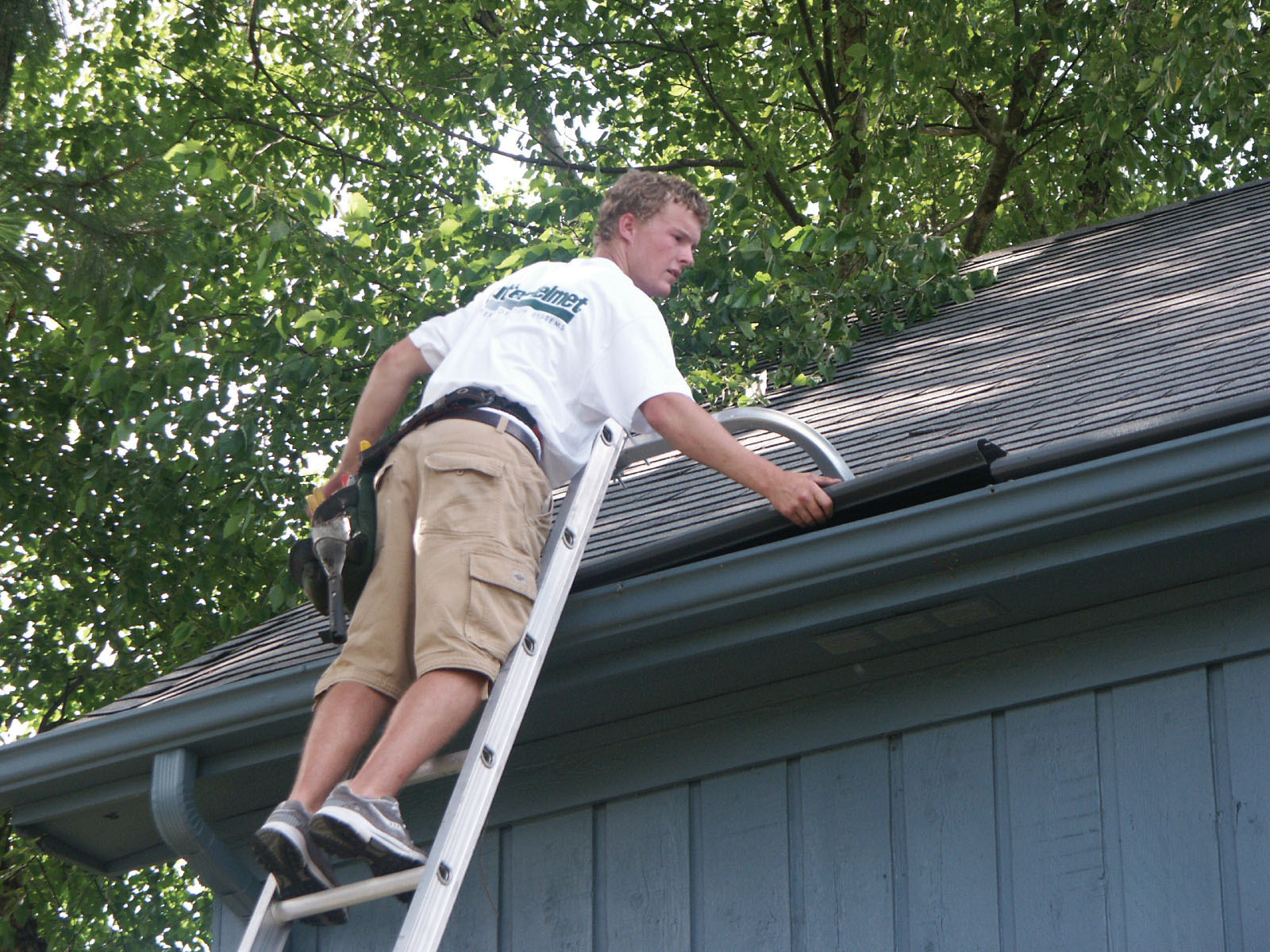For example if you have 30 feet of guttering the calculation is 1 4 x 3 0 75 i e.
Internal copper gutter minimum slope.
Most contractors tend to set the slop at one quarter inch per ten feet of guttering.
Table 8 1a shows the recommended minimum slopes for various copper roofing systems using the details shown throughout this handbook.
Expansion joints in copper gutters must be provided to allow for the natural expansion and contraction of copper caused by thermal changes.
Table 8 1b shows the minimum recommended slopes using these special details.
With the exception of membrane roofs water from internal gutters must discharge into a rainwater head or to an internal outlet as shown in e2 as1 figures 63 a and b and figures 64 b or c see figure 3.
E2 as1 8 1 6 1 requires all internal gutters to have a minimum 1 100 slope.
This means the downspout end of the gutter should be set 3 4 of an inch lower than the other end.
This brings up another important rule to keep in mind.
In general long straight runs should have joints spaced a maximum of 48 feet apart.
Working out gutter slope as a general rule gutter slope is set at 1 4 inch per 10 feet of guttering.
So if you have a 25 foot section of guttering you should set the downspout end of the gutter 5 8 of an inch lower 1 4 x 2 5 5 8 than the other end.
E2 as1 8 1 6 1 requires all internal gutters to have a minimum 1 100 slope.
The modified details are discussed below.
With the exception of membrane roofs water from internal gutters must discharge into a rainwater head or to an internal outlet as shown in e2 as1 figures 63 a and b and figures 64 b or c see figure 3.

